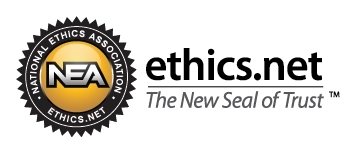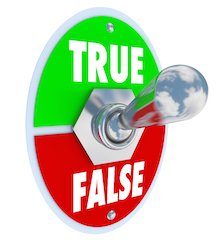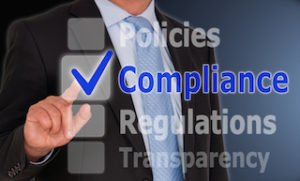According to a recent study, six in 10 workers say they and/or their spouse have less than $25,000 in total savings and investments (excluding their home and defined benefit plans), and 36 percent say they have less than $1,000. No wonder consumers on the brink of retirement are anxious to play catch up so they don’t have to rely solely on Social Security. This explains why they’re interested in retirement-education seminars and why financial-services firms use them for lead generation.
But there are two challenges here. First, consumers want legitimate information, not warmed over sales pitches. And financial advisors want high percentages of prospects to attend and ultimately request an office interview. Unfortunately, these two conflicting objectives can lead advisors to mount ethically dubious— and legally noncompliant—seminars.
One danger is masking a seminar as a non-profit educational initiative conducted by university “instructors,” not financial advisors. This lack of disclosure and misrepresentation can potentially lead advisors to run afoul of the anti-fraud provisions of the Securities Act of 1935 and the Investment Advisors Act of 1940. Not a good idea!
Here’s a real-life case in point. A few months ago, a National Ethics Association staffer received an advertising brochure in his Sunday newspaper touting a retirement-education workshop from the “Golden Retirement Institute” (not its real name). The brochure claimed that recent changes in the economy had rendered most retirement-planning concepts irrelevant. Consumers who wanting a secure retirement, the brochure claimed, should tap into current thinking and research. How? By attending the Institute’s three-part retirement-education workshop.
Now, the program’s brochure and web content made much of the Institute’s non-profit status and charitable contributions to local groups, of its national instructor network delivering education at schools and colleges, and of its extensive reliance on third-party academic research in preparing the seminar content.
So convincing was this pitch that our staffer decided to attend. Only after registering and paying a nominal fee did he learn the sponsor was actually an insurance FMO and that its non-profit instructors were financial advisors looking to generate leads. Despite confirming the group’s non-profit registration, he could find no evidence of the touted charitable activities and no disclosures regarding the identities and qualifications of program instructors.
The charade continued in the run-up to the classroom sessions. GRI sent a confirming e-mail regarding the payment received “for registration in the University of XXXXX Retirement Planning Course.” Again, it failed to disclosure the true identity of the seminar sponsor and presenter. The day before the program, the “instructor” left a voice mail with directions to the seminar location. Googling the number revealed the instructor to be an employee of a local tax planning and financial firm.
At the first class, the presenter was positioned as being with the “Golden Retirement Institute,” and only his GRI e-mail was displayed on screen. However, the presenter eventually explained that he was affiliated with a local planning firm and provided his true work e-mail.
In all fairness, the educational content provided over the three sessions was quite good, the advisor seemed highly professional, and the handout package was superb! But the ethically dubious marketing approach still left us cold. Here’s why:
- Is attracting potential customers under false pretenses ever justified? Why not play it straight. Tout your program content, disclose your identity and credentials, and let the chips fall where they may. Being upfront about who you are and what you do might actually be a positive for consumers looking to engage a no-nonsense, fact-driven advisor.
- Is seminar marketing about filling classrooms or adding new clients? You have two options here. Mislead consumers and get more attendees, but fewer office appointments. Or be more transparent in your marketing and potentially get fewer attendees, but more and higher quality office appointments. This stands to reason. If someone arrives at a seminar with misperceptions about a presenter’s identity, he or she may feel misled and never request a meeting.
- What kind of advisor do you want to be: one who engages in ethically questionable practices as long as they’re expedient? Or one who is committed to doing business the right way?
- Finally, is claiming to be someone you’re not worth the risk of getting sanctioned by your licensing authority? With today’s Internet-driven word of mouth, is anything worth permanently ruining your reputation?
In short, if you’re going to do ethical seminar marketing, don’t let it be all about the money. Do seminars because you have a passion for educating the public and because you know doing good for others always creates great karma—and results—over time. The last thing you want to do is play games with people who just want good information—and advice—about living the good life in their golden years.
For more information on ethical sales practices, please visit the National Ethics Association’s Ethics Center atethics.net. For information on affordable errors-and-omissions insurance for low-risk financial advisors, please visit EOforLess.com.













